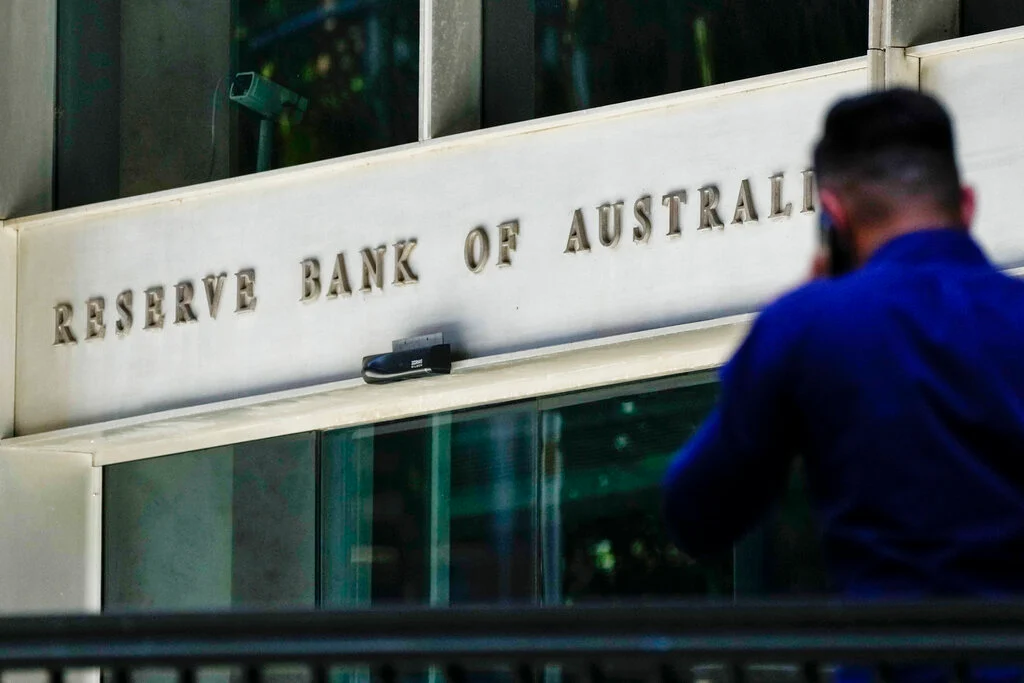NEWS & INSIGHTS | MORTGAGE BROKERS | PALM CAPITAL
Refinancing Your Home Loan in Uncertain Times: What You Need to Know About Future Rate Shifts
With the economy in flux and interest rate predictions uncertain, many homeowners are left wondering how to manage their mortgages. In times of uncertainty, refinancing can offer a path to financial stability by securing a lower rate or locking in fixed repayments. But how do you know if refinancing is the right move in these uncertain times? In this article, we’ll explore how future rate shifts could impact your home loan and what you need to know before deciding to refinance.
Why Refinancing in Uncertain Times Can Be a Smart Move
When interest rates are fluctuating, refinancing can provide several key benefits that offer financial security:
- Locking in a Fixed Rate: If you’re concerned about future rate hikes, refinancing to a fixed-rate mortgage can protect you from rising repayments. This stability can help you budget more effectively and shield you from unexpected financial stress.
- Accessing a Lower Rate: Even in uncertain times, there may be opportunities to secure a lower rate than your current mortgage offers. Refinancing allows you to take advantage of market conditions to reduce your monthly repayments.
- Consolidating Debt: If you have other high-interest debts, refinancing can be an opportunity to consolidate those debts into one manageable loan, potentially at a lower interest rate.
Key Factors That Could Influence Interest Rates in the Near Future
Interest rates are influenced by various factors, and these can shift rapidly during times of economic uncertainty. Here are some of the main drivers that could affect rate changes in 2024:
- Inflation: High inflation remains a major concern for the Reserve Bank of Australia (RBA). If inflation continues to rise, the RBA may increase rates to curb consumer spending, which could lead to higher mortgage repayments for homeowners on variable-rate loans.
- Economic Growth: The pace of Australia’s economic recovery will also play a role in determining rate changes. If economic growth slows, the RBA may choose to keep rates stable or lower them to stimulate the economy.
- Global Events: External factors like supply chain disruptions, geopolitical events, or changes in global commodity prices could also influence the RBA’s decisions, adding another layer of uncertainty to the interest rate outlook.
How to Approach Refinancing During Uncertain Times
Refinancing during times of uncertainty requires careful planning and consideration. Here’s what you need to do to ensure you make the best decision for your financial situation:
- Evaluate Your Current Loan: Start by reviewing your current mortgage. If you’re on a high variable rate, refinancing to a fixed-rate loan could provide you with stability and protect you from potential rate increases.
- Consider the Costs of Refinancing: Refinancing can come with fees, such as break costs, exit fees, or lender application fees. Weigh these costs against the potential savings you’ll gain from securing a lower interest rate or better loan terms.
- Talk to a Mortgage Broker: A mortgage broker can provide expert advice on whether refinancing is the right move based on current market conditions. They can also help you compare refinancing options and find the best deal for your needs.
Is Now the Right Time to Refinance?
Determining whether now is the right time to refinance depends on your personal financial situation and your outlook on interest rate trends:
- If You’re Worried About Rising Rates: If you believe that rates will continue to rise in the near future, refinancing to a fixed-rate mortgage can offer stability and peace of mind. This way, you’ll avoid the potential financial strain of rising repayments on a variable-rate loan.
- If You’re Optimistic About Rate Cuts: If you think rates will fall, it may be worth holding off on refinancing and sticking with a variable-rate mortgage. A drop in rates would lower your monthly repayments, allowing you to benefit from the reduction without needing to refinance.
- If You Need to Lower Repayments Now: Even if rates are uncertain, refinancing can help reduce your monthly repayments, especially if you’ve built equity in your home or improved your credit score since taking out your original loan.
Tips for Managing Your Mortgage in Uncertain Times
Here are a few strategies to help you navigate your mortgage during periods of economic uncertainty:t decision for your financial situation:
- Build a Financial Buffer: Uncertainty in the economy often leads to unpredictability in household finances. Having a financial buffer in place can help you manage rising mortgage repayments if rates increase.
- Stay Informed: Keep an eye on RBA announcements, inflation data, and other key economic indicators that could signal changes in interest rates. Staying informed will help you make better decisions about refinancing..
- Refinance to a Loan with Flexible Features: If you’re unsure about the direction of rates, consider refinancing to a loan that offers flexibility, such as an offset account or redraw facility. This will give you the option to pay down your loan faster if rates remain low, while still allowing access to extra funds if needed.
Conclusion
Refinancing during uncertain times can offer you greater financial stability and protection against future rate increases. By understanding the factors influencing interest rates and working with a mortgage broker, you can ensure that you make the right decision for your home loan. Contact us today to explore your refinancing options and secure the best loan for your needs in 2024.
Helpful resources.
Department of Finance
Australian Government
AFCA
Australian Financial Complaints Authority
Money Smart
Australian Government





